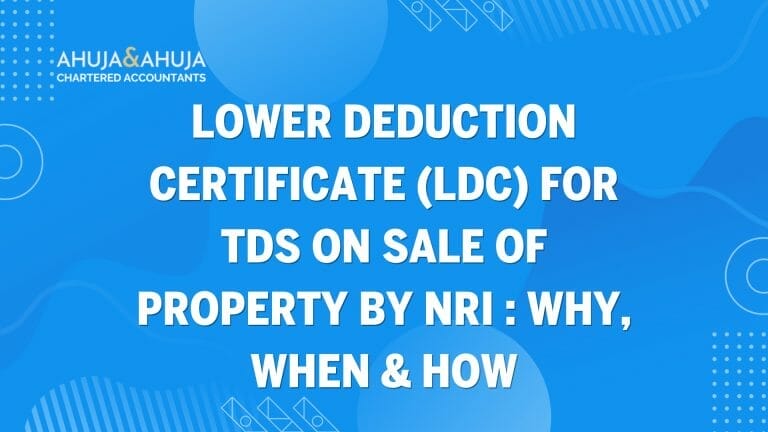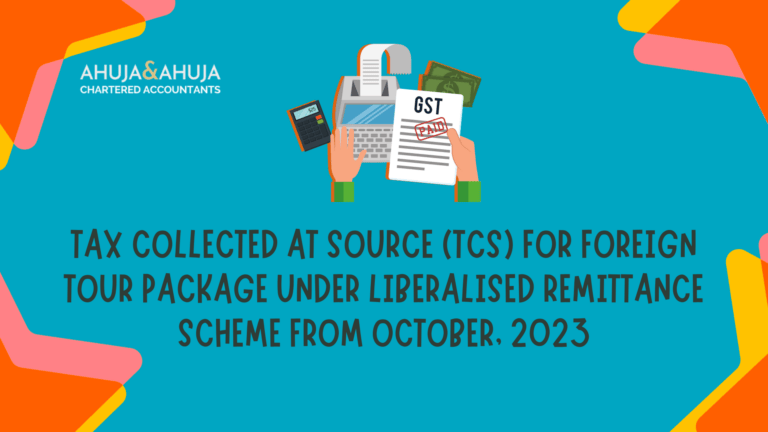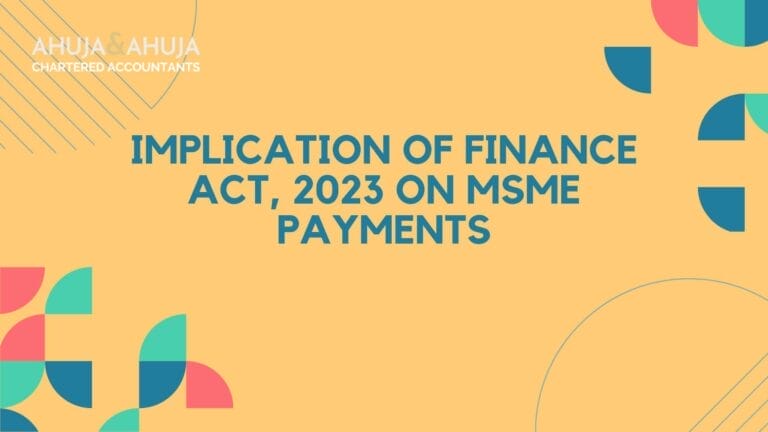Exploring Assessment and Appeals in the Black Money Act
Taxes are not just statutory obligations; they are the backbone of a nation’s development, enabling the government to build infrastructure, provide essential services, and foster economic growth.
Despite these benefits, tax evasion remains a persistent issue in India, with individuals and entities devising sophisticated methods to hide wealth, especially in foreign countries.
This not only undermines the economic integrity of the nation but also places an uneven burden on honest taxpayers.
The complexity deepens when the undeclared wealth is parked offshore — in foreign bank accounts or through the acquisition of foreign assets, effectively sheltering it from the prying eyes of domestic tax authorities.
To confront this challenge head-on, the Indian Government has put forth stringent laws and regulations under the Income Tax framework. One significant stride in this battle against black money is the enactment of the Black Money (Undisclosed Foreign Income and Assets) and Imposition of Tax Act, 2015 – commonly referred to as the Black Money Act.
This legislation is a critical tool in the government’s arsenal to deter the stashing of undisclosed foreign income and assets.
Purpose of the Black Money Act
The Black Money Act aims to directly target the problem of unreported assets and income outside India. The intention behind the act is to recoup taxes on assets already concealed and deter the future concealment of overseas wealth.
By imposing harsh penalties and rigorous compliance mechanisms, it seeks to enhance the transparency of tax obligations among the Indian residents.
Moreover, the Black Money Act complements other tax laws and measures such as the Income Tax Litigation services, which provide legal pathways to resolve tax disputes, and broader fiscal measures like those associated with the GST Amnesty Scheme.
The Framework of Assessment Under Black Money Act
The assessment of undisclosed foreign income and assets is meticulously structured under the Black Money Act. Section 10 of this Act is specifically designated for the assessment procedures, empowering the Assessing Officer (AO) with the authority to rigorously investigate and assess the undisclosed foreign assets and incomes.
Steps in the Assessment Process:
- Issuance of Notice: The Assessing Officer initiates the process by serving a notice to the suspected individual (assessee), demanding the production of books of accounts, documents, or other evidences. This step is instrumental in gathering data pertaining directly to the undisclosed assets.
- Inquiry and Evidence Collection: The AO has the authority to demand further documents and conduct inquiries to collect comprehensive information about the undisclosed foreign assets and incomes.
- Order of Assessment: After meticulous examination of all the documents and evidences, the AO will issue a written order assessing or reassessing the undisclosed foreign assets, adjudicating the tax liability of the assessee.
Complications during Non-Compliance:
In cases where the assessee fails to comply with the notices, the AO is permitted to make an assessment to the best of his judgment. This ‘best judgment assessment’ ensures that the process progresses, albeit based on the available information and the AO’s informed discretion.
This structured assessment process is crucial in maintaining the integrity and efficacy of tax administration, assisting the government in recovering taxes rightfully owed and discouraging the concealment of overseas assets.
Like in cases of GST compliance (HSN Code Compliance and E-Way Bill Advisory), maintaining integrity and promoting adherence to regulations are fundamental to the seamless functioning of the system.
In conclusion, understanding the provisions and processes under the Black Money Act is essential for every taxpayer, especially those with interests beyond the domestic borders.
The next sections will further delve into the detailed provisions regarding the assessments of other persons, validity of assessments, appeals, and the severe penalties under non-disclosure circumstances.
Assessment of Another Person under the Black Money Act
In certain scenarios, the Black Money Act extends its reach beyond the primary taxpayer to assess individuals or entities connected to undisclosed foreign income or assets.
This provision ensures comprehensive coverage and prevents circumvention of the law through transfer or holding of assets by other parties.
Key Points of Assessment of Another Person:
- Direct Assessment: The Act allows for direct assessment of any person who holds undisclosed income or assets on behalf of another, or for their benefit. This can include relatives, associates, or any third party.
- Recovery of Taxes: If undisclosed foreign assets or income are found to be held by another person for the taxpayer’s benefit, the authorities are empowered to recover taxes directly from such individuals.
Validity of Assessments under the Black Money Act
The strength of legal procedures under the Black Money Act is further solidified by provisions that safeguard the validity of assessments, notwithstanding minor procedural defects.
Protective Measures:
- Imperfections Not Impacting Validity: Any assessment, summons, or notice issued under the Act is deemed valid even if there are minor mistakes, defects, or omissions, provided that these do not materially impact the intent or substance of the proceedings.
Appeals under the Black Money Act
The Act provides a structured mechanism for appeals, ensuring that taxpayers have opportunities to contest decisions they find unjust or incorrect.
Appeal Procedures:
- Filing an Appeal: An assessee can appeal to the Commissioner (Appeals) if they disagree with the assessment made by the AO. Grounds for appeal include disagreements over tax amounts, denial of liability, objections to penalties, or orders affecting refunds.
- Timeline and Conditions: Appeals must be filed within 30 days from the date of receipt of the demand notice or the order. Exceptions can be made where the commissioner is convinced of the genuineness of the delay, extending up to a year.
Penalties for Non-Disclosure of Foreign Assets or Income
Non-disclosure of foreign assets and income attracts stern penalties under the Black Money Act, reinforcing the seriousness with which the Indian government views such infractions.
Penalty Structure:
- Tax Related Penalties: If taxes are computed under section 10 on undisclosed assets or income, the assessee faces a penalty of three times the tax amount.
- Failure to File Return: A penalty of Rs. 10 lakhs may be imposed for not filing returns if the individual holds, is a beneficiary, or has income from any foreign source FCRA Registration Guide India.
Conclusion
Understanding and complying with the Black Money Act is crucial for all taxpayers, particularly those with international financial interests.
Adhering to the regulations not only ensures legal safety but also contributes to the economic integrity of India.
By robustly addressing the issue of undisclosed foreign income and assets, the Act plays a pivotal role in curbing tax evasion and strengthening the nation’s financial foundations.
Disclaimer
The materials provided herein are solely for educational and informational purposes. No attorney/professional-client relationship is created when you access or use the site or the materials. The information presented on this site does not constitute legal or professional advice and should not be relied upon for such purposes or used as a substitute for professional or legal advice.






